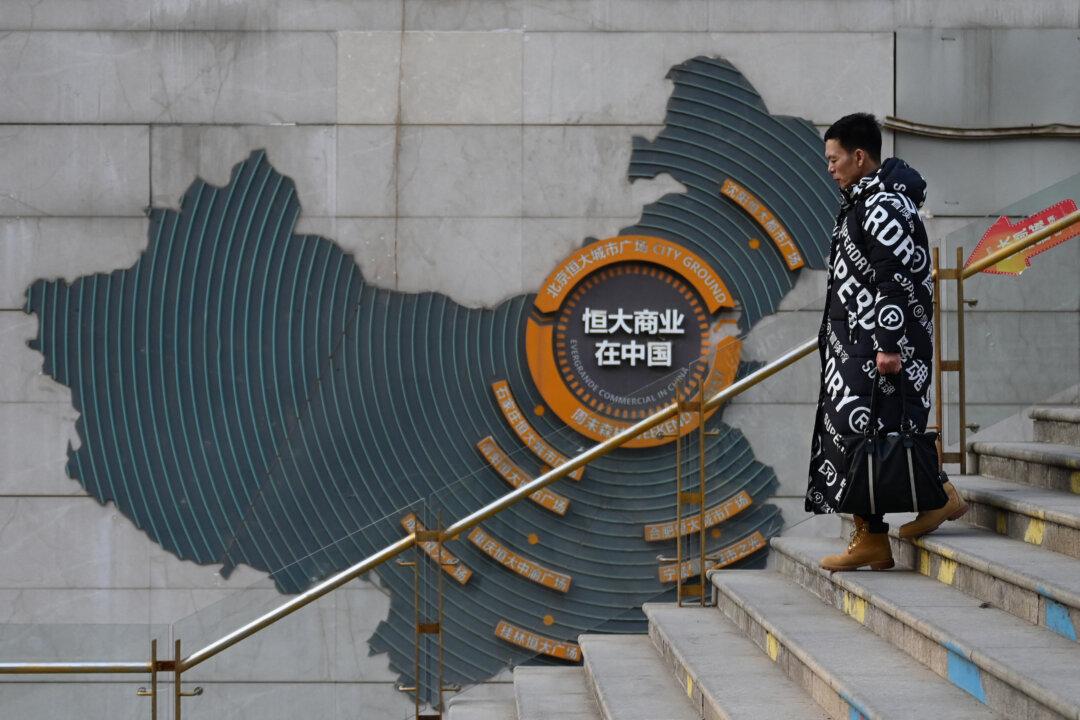An article by a Chinese financial news outlet recently linked the case of the fallen Justice Minister to the chairman of the debt-ridden property giant Evergrande, but the article was quickly removed. Political analysts suggest the ongoing real estate crisis is a thorn in the Chinese Communist Party’s (CCP) core interests.
Tang Yijun, the former Minister of Justice and incumbent chairman of the Jiangxi Political Consultative Conference, had been investigated on suspicion of “serious disciplinary violations,” according to an announcement of CCP’s top anti-corruption body on April 2.





